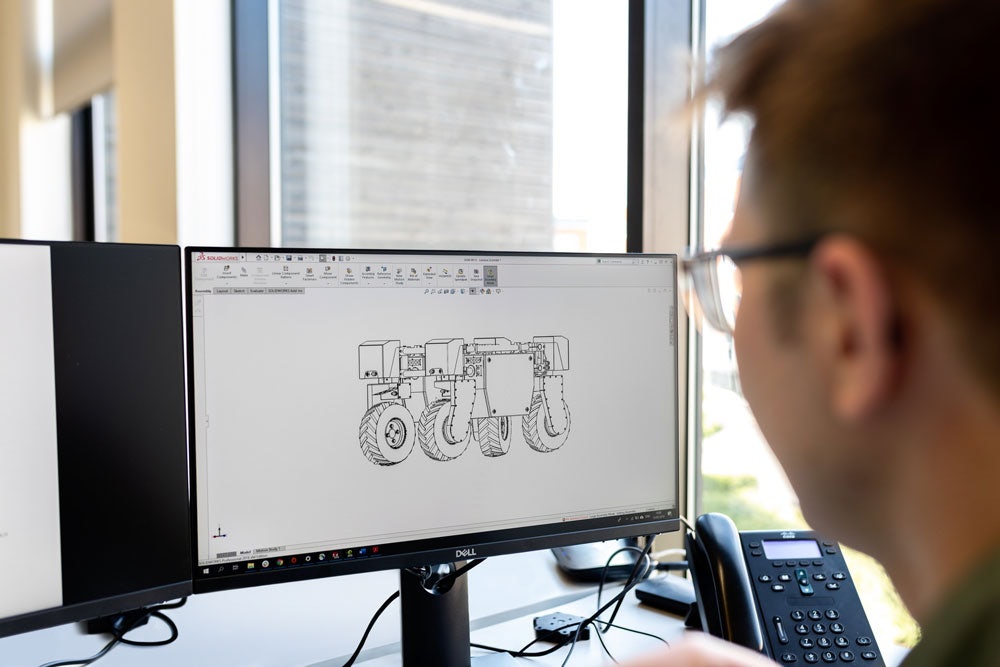6 ways technology improves the world we live in

So much of the world we live in today is immersed in technology and that’s not a bad thing. AI and machine learning doesn’t have to be frightening and asking Alexa to set a timer doesn’t indicate a world gone wrong but points to similar technologies being used to actually make the world a better place. Read six ways technology is improving the world we live in below.
1. Environmental monitoring
With Internet of Things (IoT) sensors, it’s possible to monitor just about anything, including our water, air and soil. These sensors can help in environmental protection by accurately monitoring parameters such as air quality, water quality, and can even include areas like monitoring the condition of wildlife. We can then use the data to approach environmental challenges with science and evidence-based decision making.
2. Smart farming
Farming produces three main types of gases which are dangerous to the climate: nitrous oxide (farming is the largest global source of this gas), methane, and carbon dioxide.There are now new, cost-effective technologies to help achieve low-emissions farming. This development of smart technology will also help increase our global food security. This is the ability for all people to access enough safe and nutritious food for a healthy life, in ways the planet can sustain into the future. Smart farming is expected to increase this by 50-70% by 2050.
3. Becoming a business owner
Selling and marketing your services or products to a specific audience is easier than ever. The accessibility of online markets and digital services has lowered the barriers to creating a business and empowers more people each year to reach for their dreams and launch their own businesses.
4. Energy
The cost of renewable energy technologies such as solar panels and wind turbines have fallen sharply over the past 10 years, driven by improving technologies, economies of scale, increasingly competitive supply chains and growing developer experience. This reduced cost paired with government investment on the rise, a third of global power capacity is now based on renewable energy.
5. Health
IoT enables healthcare professionals to be watchful and connected with patients in a more efficient and safe manner. This has been more important over the last year with the global pandemic and more patients than ever before are using IoT technology to relay health data to medical staff, without having to set foot in hospital. This not only keeps frontline workers safer but ensures a patient’s vitals can be reviewed more frequently.
6. Communications and connectivity
Our increasingly connected world has kept jobs, relationships and events going in 2020. With the last year forcing us into a worldwide experiment for mass remote working and education, we can now expect this to become more normal, promoting a better work-life balance for the future. We’re already seeing more roles advertised online as “remote-first” and people looking to move out of big cities now they’re no longer tied to a location.